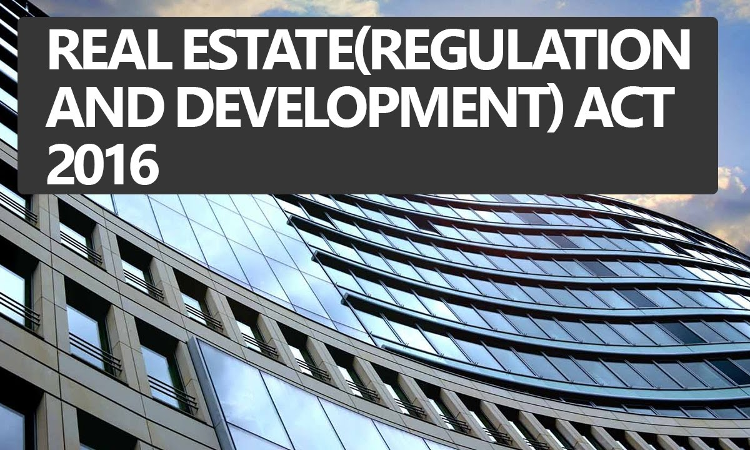Real Estate Appellate Authority Can't Initiate Suo Moto Proceedings: Delhi High Court
Nupur Thapliyal
26 May 2022 6:59 PM IST

Next Story
26 May 2022 6:59 PM IST
The Delhi High Court has held that the Real Estate Appellate Authority cannot possibly be recognized as conferred with the power to initiate proceedings suo moto or on its own motion. Analyzing the relevant provisions of the Real Estate (Regulation and Development) Act, 2016, Justice Yashwant Varma added that the Appellate Tribunal is a creation of statute and that it is not an authority...
